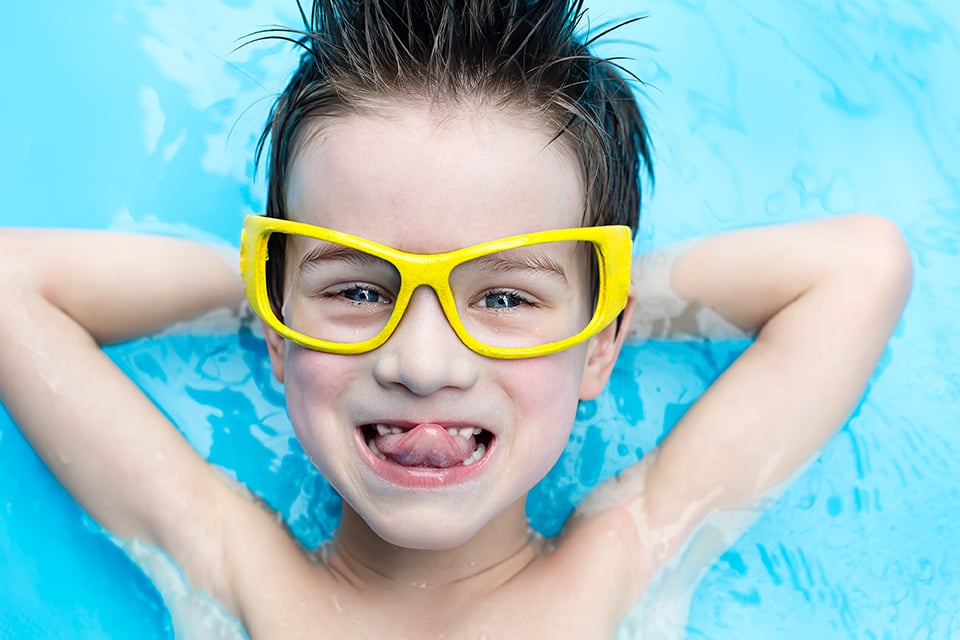In a recently published article by the Academy of Nutrition & Dietetics, they provide nutritional advice for parents and kids. Below is the full article.
If mealtime discussions center on weight management, it's time to drop negative talk in favor of something more positive. Focusing on weight often backfires, leading both young children and teens to feelings of guilt, insecurities about their bodies, sneaking food, and disordered eating.
Instead, it's more effective to talk about the taste and healthfulness of foods. A healthy diet and lifestyle affect mood, energy levels, athletic performance, and school performance and reduce the risk of illness. Build everyday eating habits around foods that contribute to health so an occasional less-nutritious food can fit in without being labeled cheating.
Here are a few ways to help your kids develop body-positive attitudes and healthful behaviors.
Teach What Healthy Eating Is and Isn't
Obsessing about calories, carbs, fats or any nutrient is not healthy eating. It makes meals stressful and unpleasant, the opposite of what every kid and adult deserves. Teach children that a healthy meal means half of the plate is filled with fruits and vegetables and eat meals as a family as often as possible. Offering a variety of foods at regular meal and snack times is another positive step.
Make Food Fun
Get kids of all ages into the kitchen. From washing apples to slicing veggies and stirring hot pots, there are food preparation and cooking chores suitable for every child. For fun, have nights when your children get to choose a new food. Or have themed nights such as Meatless Mondays or a trip around the globe. Get little kids excited by giving food fun names, such as green monster juice and ants on a log.
Be a Role Model
If your eating habits are not the ones you want your children to copy, now is a great time to make some improvements. Model a healthy attitude about your body image, too. If you always complain about your weight or call certain foods bad foods, your children will learn to do the same. If you follow fad diets, they'll learn that restrictive eating is more important than balanced, healthful eating.
Put Weight into Perspective
You cannot get the full picture of a child's health by looking at weight or a single point on a growth chart. Remember that children's bodies change as they grow. Behaviors including regular meals, snacks, drinking plenty of fluids, eating a variety of vegetables and fruits, and getting at least an hour of active play every day are much better markers of health than weight.
Take Your Concerns to a Professional
If you're concerned about your child's weight, diet, or body image, talk with your child's healthcare provider. Also, schedule an appointment with a registered dietitian nutritionist who will assess your family's diet and help you make appropriate changes that will meet the needs of all family members.
The Alaska Club offers many healthy activities for kids and families such as year-round camp, open swimming, swim lessons, and more. Go to: https://www.thealaskaclub.com/ to learn more about options to keep you and your family active and healthy, as well as all of the current safety protocols.


